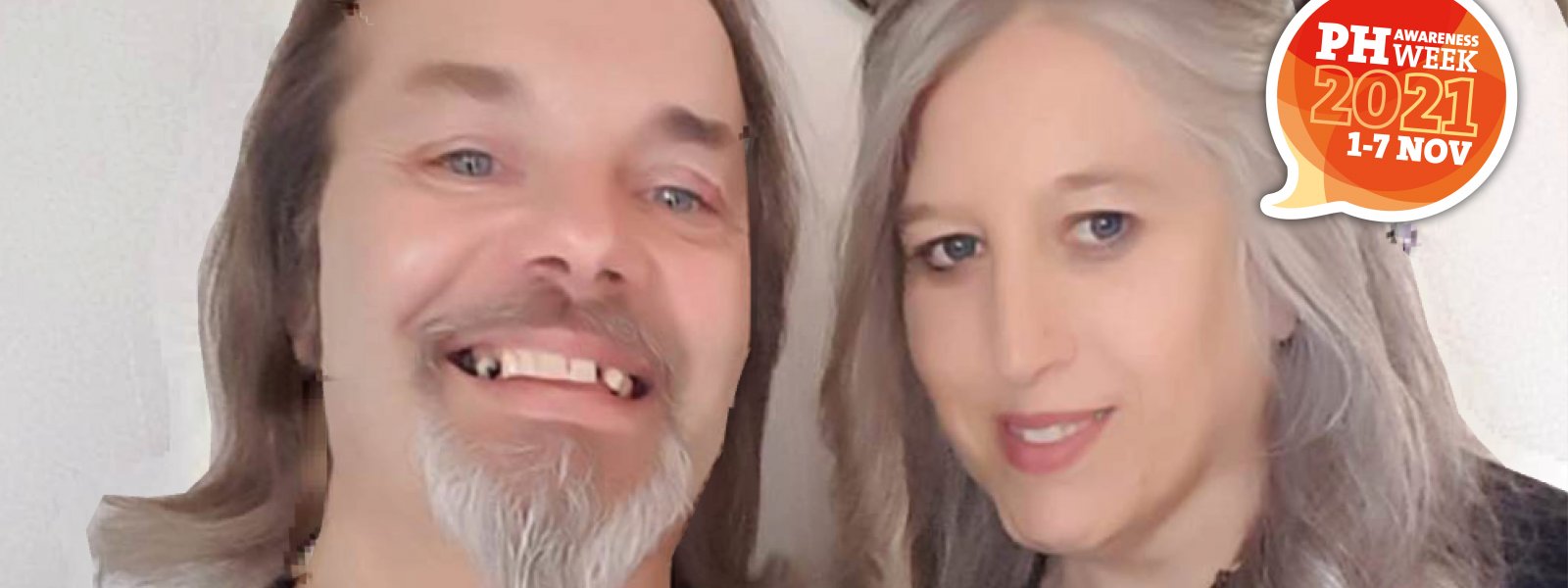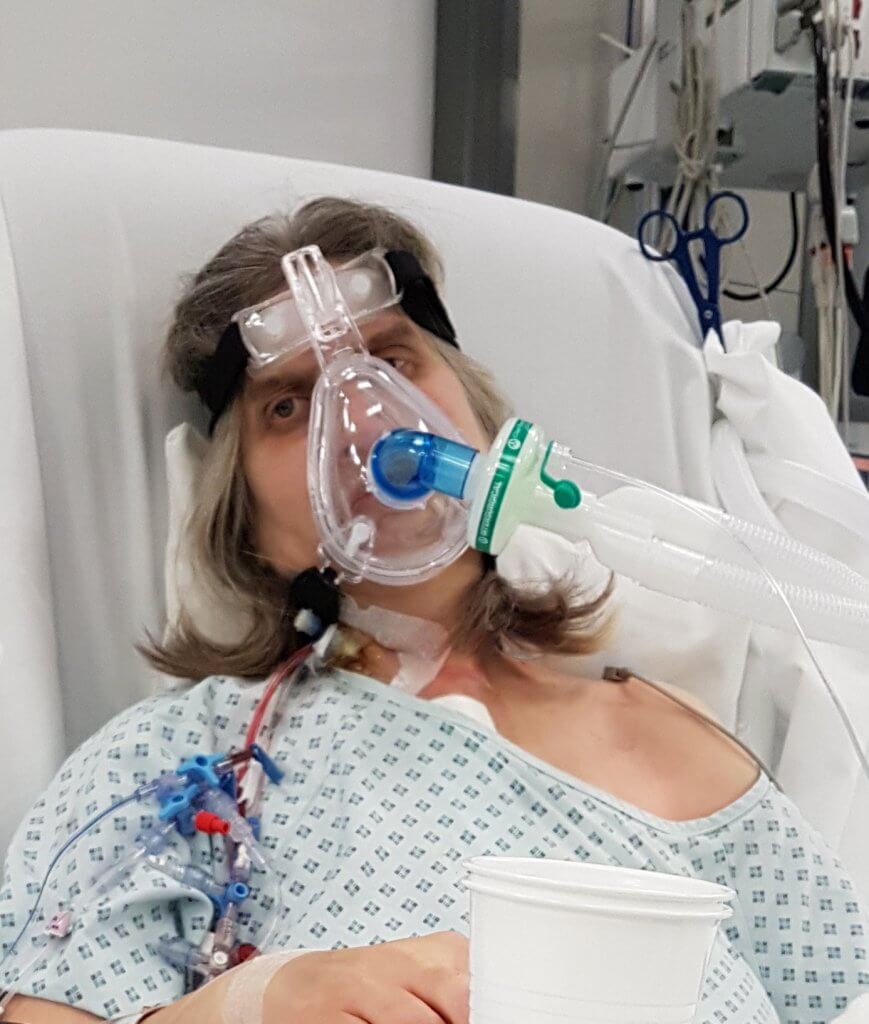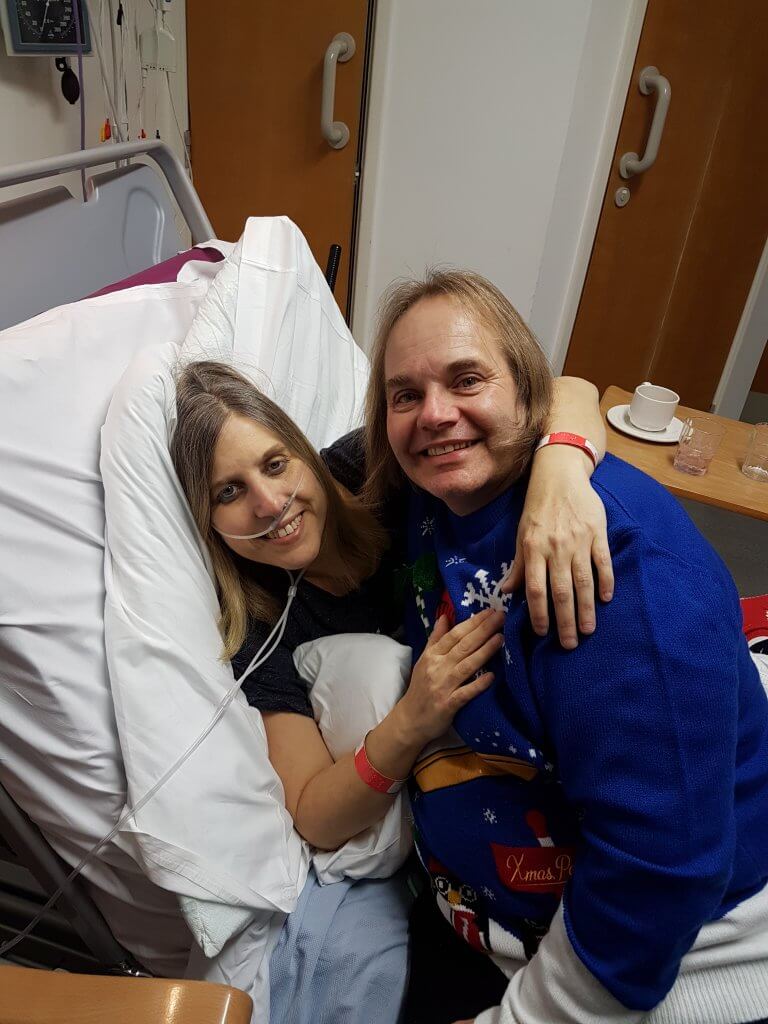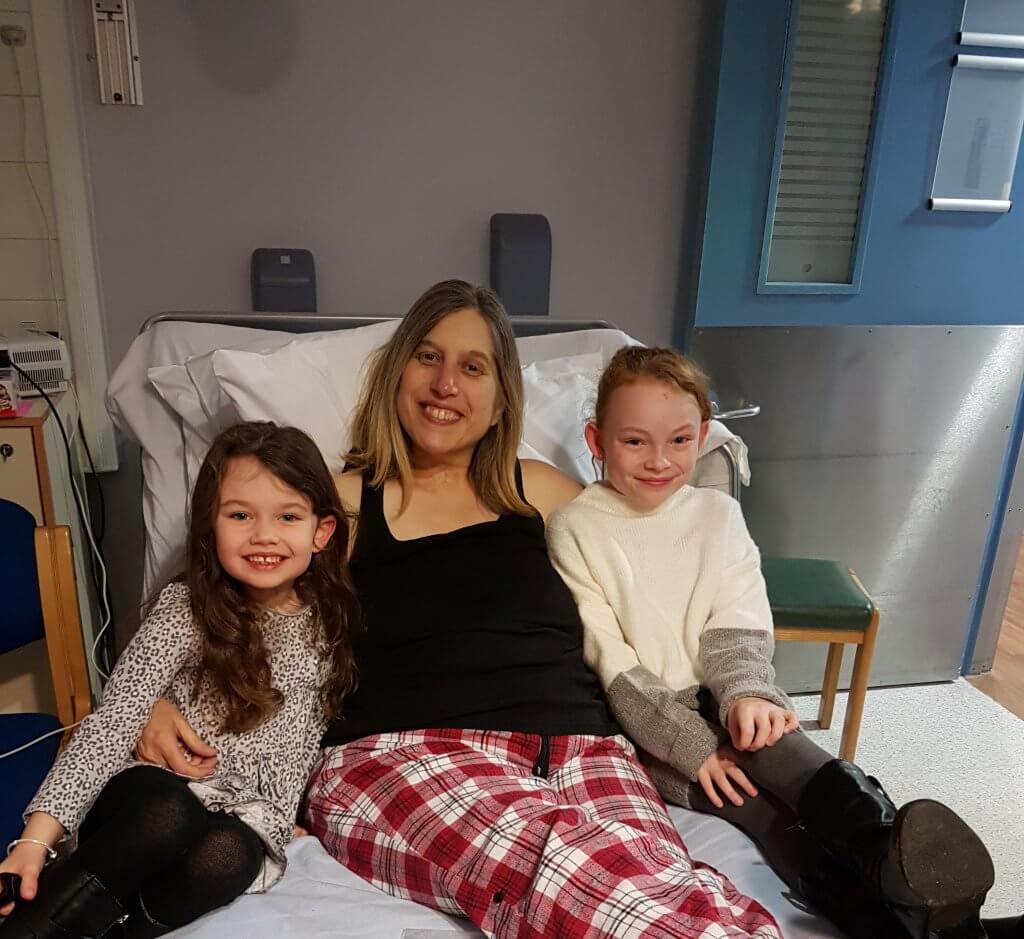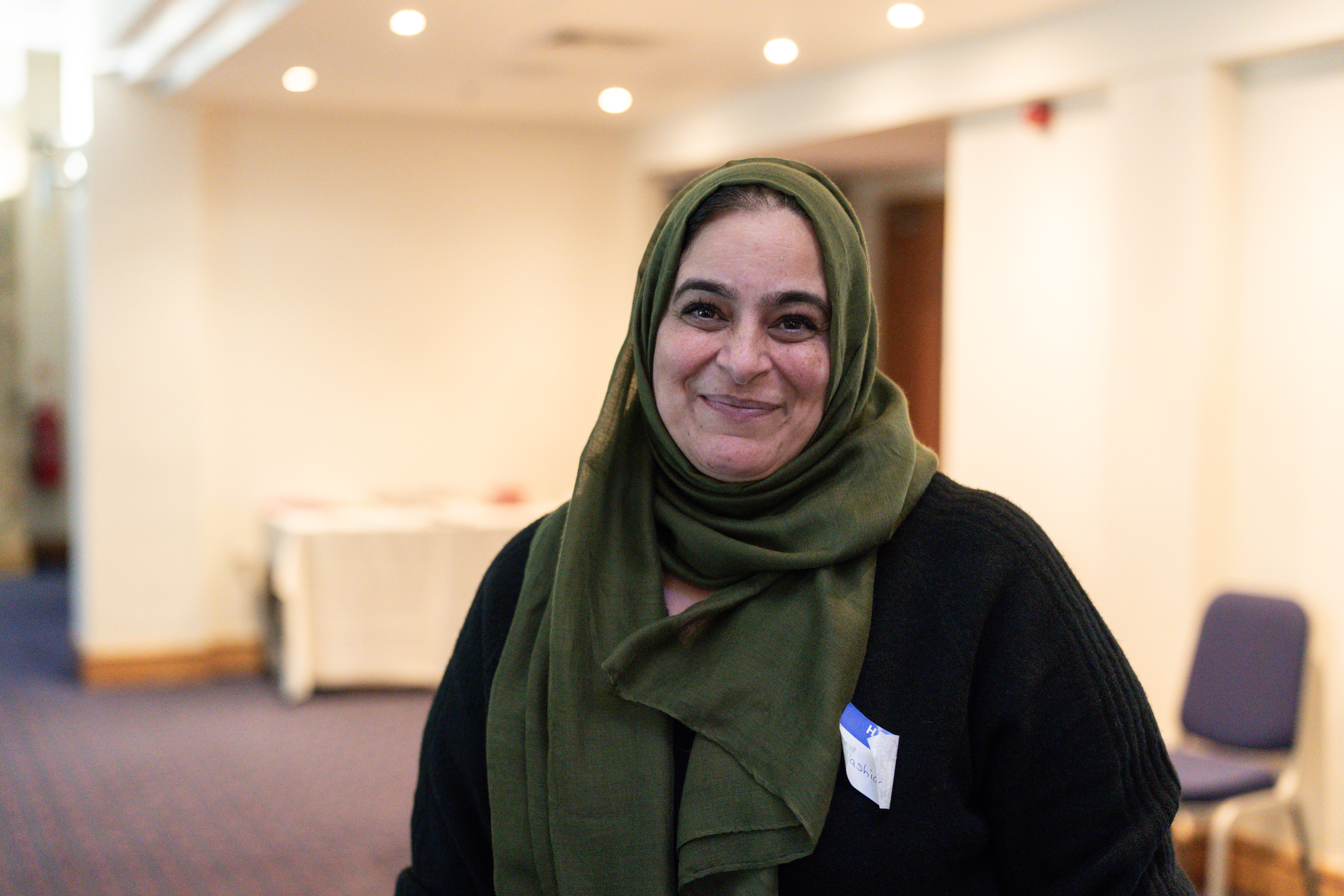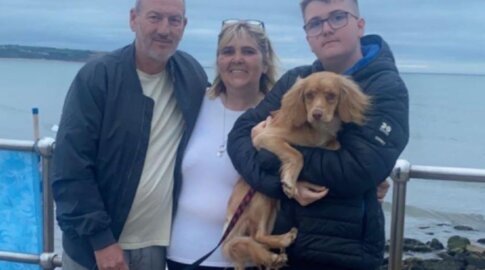“I feel like I’ve been given a second chance”
Ros Knight lives in Letchworth, Hertfordshire and was diagnosed with chronic thromboembolic pulmonary hypertension (CTEPH) in 2016. After a difficult journey, the 50-year-old is sharing her story to raise awareness and encourage understanding.
“My diagnosis of CTEPH took about three years. I started going downhill following what was thought to be pneumonia and I couldn’t get anybody to listen to me. I had the most awful constant cough, and I was putting on weight, but I was told I had postnasal drip or acid reflux, and that I was lazy.
I would get really out of breath and my heart would race so much that it completely changed my life. I started getting bad anxiety and I struggled to go to my job as manageress of a coffee shop.
If I went for a walk, I would get so out of breath that I would panic that I wouldn’t be able to get back to my car. I didn’t know how to cope.
It got to the stage that I couldn’t even climb the stairs and I had to sleep in the lounge. My feet were turning purple, and my legs looked like those of an elephant.
I was going to my GP surgery at least once a week, but I was getting nowhere. Doctors wouldn’t run any blood tests, and one simply told me not to eat so much.
That time, as I left the room, I burst into tears and had a complete meltdown. Another doctor saw this, and it was him who ordered the blood tests for me – finally.
Getting answers
I received a phone call the next morning asking me to go to hospital for further tests as they suspected I had ovarian cancer.
The scan [of my uterus] caught the bottom of my lung and showed something there, which they suspected was a tumour, and this led to investigations of my lungs and heart.
The initial echocardiogram didn’t work because I was so full of fluid that they couldn’t see my heart. It was even leaking out of my legs, and I had five stones of fluid drained in total. I wasn’t lazy, after all.
Whilst I was in hospital, I started coughing up blood and scans revealed that the mass they had seen was down to clots, not a tumour. I was referred to Royal Papworth Hospital where I was officially diagnosed with CTEPH.
A difficult prognosis
Although I was told that a pulmonary endarterectomy operation [to remove the clots] can help some people with CTEPH, I was too poorly for it to be an option.
I was told I had a few weeks left to live and probably wouldn’t leave hospital. I was just 45.
This was at the beginning of December, and I started making arrangements. I started buying everyone’s Christmas presents and paid all the bills, so my husband Richard wouldn’t have to worry. We discussed my funeral, and what I would like.
And then a surgeon decided to take a chance with the operation, on the basis that I would die anyway. He said that he was willing to give it a go if I was, and I knew I had nothing to lose.
I underwent the surgery on 12th December 2016 and although I’m not cured, I am a lot better.
Life with PH today
Five years down the line from someone who only had a few weeks left to live, I’m doing really well.
I still get quite short of breath, and I can’t walk long distances without taking rest stops. I have adaptations at home, like a stairlift, and I do have days where I am completely exhausted. But the main thing is that I can still do things.
My husband and I have adapted our lives around my illness, and I still get to see my family and I can still go for walks. I definitely feel like I have been given a second chance.
Those years were the hardest things that I have ever had to go through, and I still have a lot of anxiety. I’ve had counselling and therapy due to the trauma of everything that happened.
I’ve also had a lot of help from my local hospice, Garden House. To be told I needed hospice care at 45 years old felt like the end of the world for me, but it turned out to be the best thing. It gave me back something to live for.
Through their day services, I’ve been able to access singing and crafting groups, coffee mornings, complementary therapy and even a gym – which helped me to build up my strength again.
Both my husband and I were able to benefit from counselling, and all through the pandemic lockdowns I was still able to access their services via Zoom.
As well as the hospice, I can’t thank the surgeons at Royal Papworth enough for giving me a second chance. My family and I always celebrate the anniversary of the surgery as it’s like a second birthday. It’s the day I got my life back.”
